How will the Ukraine war end?
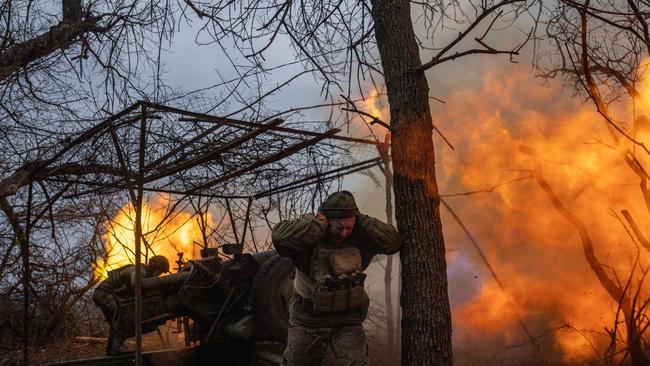
There are certainly some similarities between the stalemate that governs the fighting on the Western Front for four years after August 1914 and the contest between Russian and Ukrainian troops in the southeastern corner of Ukraine.
Although there is little hard information available as to the success or failure of the two sides, the struggle over Bakhmut is reminiscent of the Western Front in that the landscape largely has been destroyed for little territorial gains by either side.
In this kind of conflict those defending a position normally are able to inflict considerable losses on those attacking. It is only necessary to remember July 1, 1916, when the British lost 20,000 soldiers on the first day of the Battle of the Somme when they advanced on the fortified German positions.
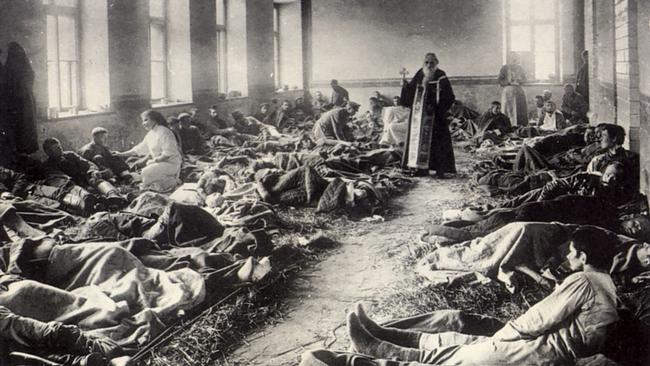
One difference from World War I is that the current clash is largely a proxy war between Russia and the US. The Ukrainians are, of course, fighting the Russians on the ground but their armaments and finances are guaranteed by the US. It is true that NATO is, as an organisation, strongly supporting Ukraine but there are different levels of enthusiasm among its members for that stance and significant material aid has been confined to a few members only.
At first sight there may seem to be something bizarre about full-scale warfare being conducted in a relatively confined area with the rest of the world looking on as spectators.
But this is the reality of a situation where the Ukrainians cannot invade Russia and the Russians have not been able to advance out of the conflict zone although they have conducted aerial attacks on Kyiv.
There are some echoes here of the war between Iran and Iraq fought between 1980 and 1988 with considerable losses on both sides but no involvement by any surrounding countries, although, unlike Ukraine, there was almost no coverage of this conflict, which cost an estimated 500,000 lives, by the Western media.
It would be easy to say Putin has started this war and there should be no settlement that gives Russia any advantage gained by its aggression. It also would be easy to say the war could probably have been avoided if NATO had not been expanded contrary to the warnings of foreign policy experts such as George Kennan and Owen Harries and, more important, if the US had not supported and financed the coup in 2014 that deposed the elected Ukrainian government.
But, for better or worse, that is now water under the bridge and the question of how the conflict may be resolved needs to be considered in the light of the current position.
World War I ended only when Germany collapsed militarily, although it was not invaded and occupied by the allies. In this case Ukraine is unable – and would not be allowed by its Western allies – to take Moscow, nor seemingly could the Russians occupy Kyiv.
So the question is how the disputed territory on the Ukrainian southeastern border with Russia is to be divided, bearing in mind that some of this area was effectively controlled by Russia before the outbreak of war.
The Ukrainians now say Crimea – annexed by Russia in 2014 – must be returned but this is an unrealistic demand, particularly in the context of Crimea’s existence as part of Russia for centuries. China has put forward a peace proposal but this has been rejected summarily by the US as a Russian wolf in Chinese clothing.
One problem with finding some sort of mediator is that, outside of the West, all of whom are supporting the Ukrainians, albeit with different degrees of eagerness, there is little interest in the conflict in the rest of the world, although South Africa recently has suggested itself for this role.
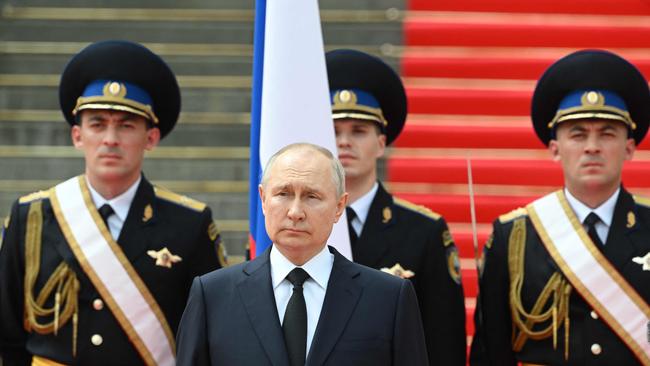
This suggests the war, with all its human costs, may continue for some time, although it is hard to imagine fighting at the current level of intensity could be prolonged indefinitely.
World War I lasted almost 4½ years and must have seemed never-ending to the men in the trenches. How the conflict in Ukraine can be brought to some kind of settlement is a question that seems to resist any realistic answer at this time.
All this assumes, of course, that the war does not explode into some kind of nuclear exchange – one option at least that was not available to either side in World War I.
Michael Sexton’s latest book is Dissenting Opinions.

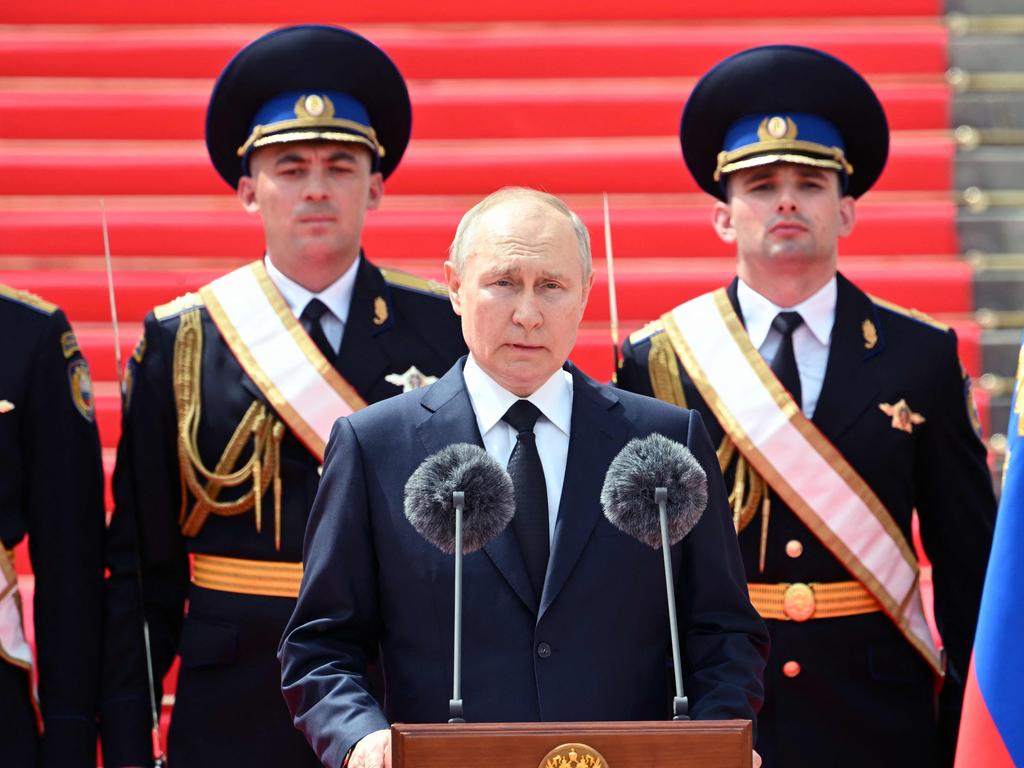

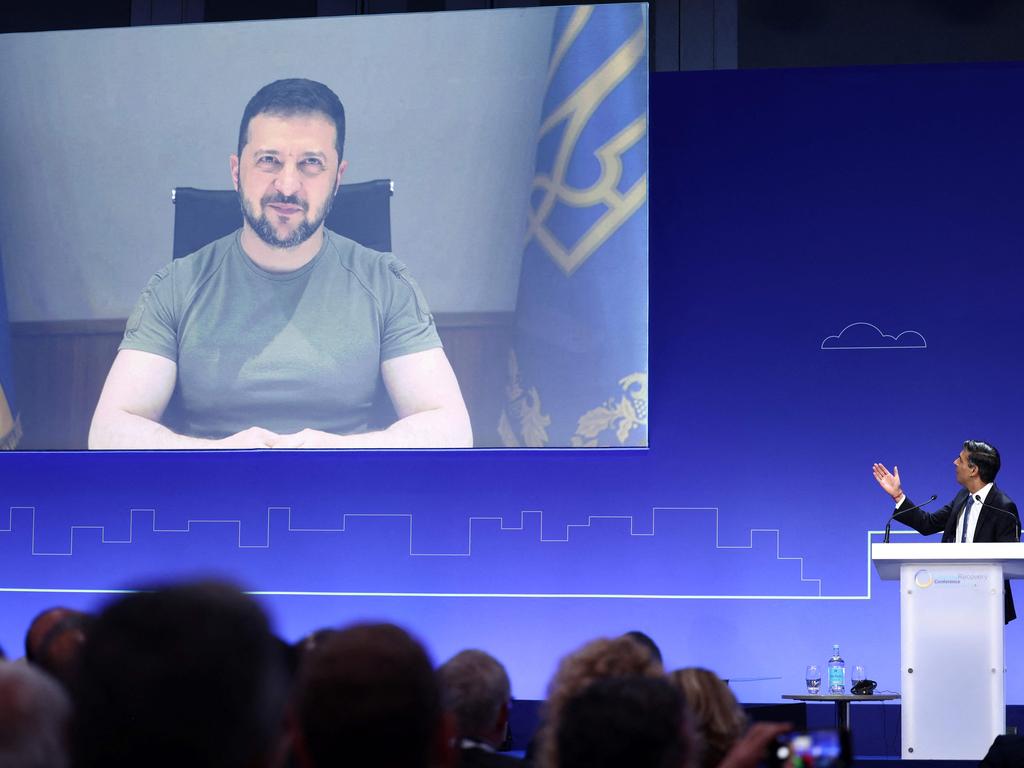



Assuming Vladimir Putin remains as Russian leader – or even if he does not – how the war in Ukraine may be resolved remains a question. Does the Great War of 1914-18, World War I, provide any clues as to an answer?